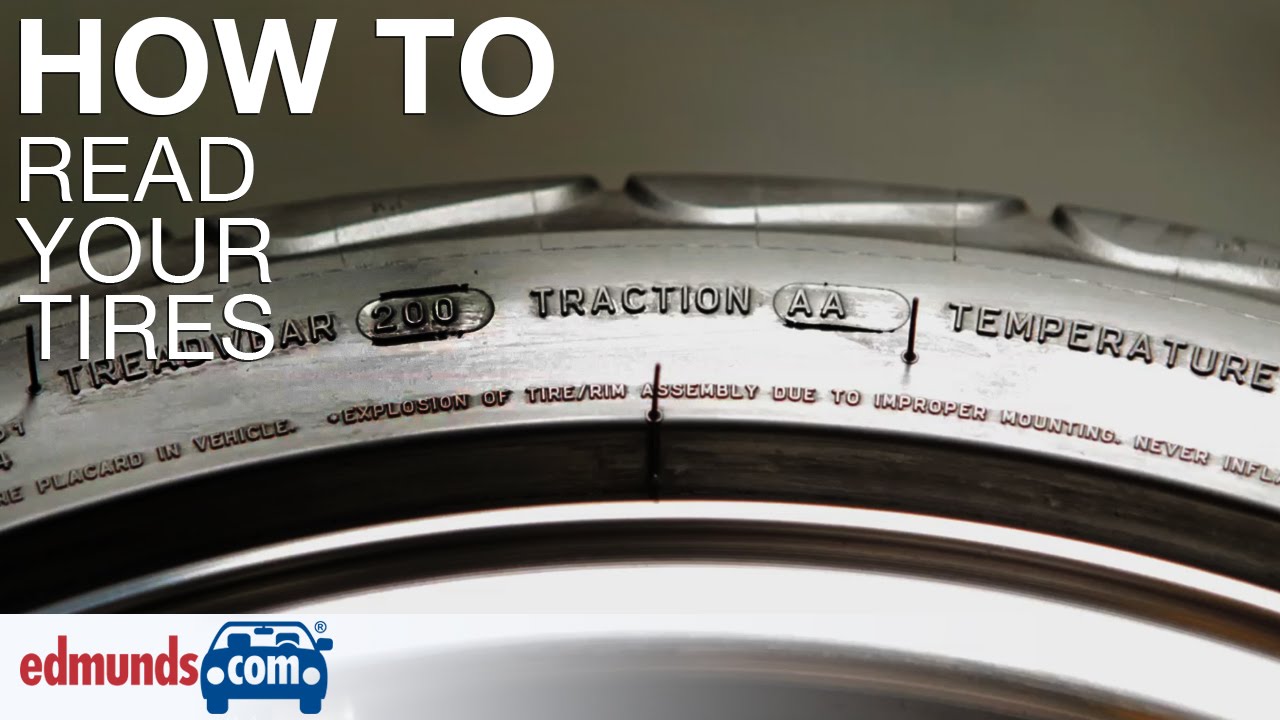What does XL mean on a tire?

Welcome to Club Chevy, your ultimate destination for all things Chevrolet! In today's article, we'll be diving into the fascinating topic of "what is XL on a tire?" If you've ever come across the letters XL while shopping for tires, you might have wondered what they mean. Well, fear not! We've got you covered. In this comprehensive guide, we'll explore the significance of XL and how it relates to tire load capacity. So, buckle up and get ready to enhance your knowledge about Chevy model cars and their mechanics. Let's dive in now!
- Understanding the "XL" Marking on a Tire
- Benefits of Using XL Tires
- Choosing the Right XL Tire for Your Chevy Model Car
- Maintenance and Care Tips for XL Tires
-
Frequently Asked Questions from Car Fans
- What does "XL" mean on a tire in the context of Chevy model cars and car mechanics?
- How does the XL rating affect the performance and handling of Chevy model cars?
- Are there any specific recommendations for tire pressure and maintenance for Chevy model cars with XL tires?
- Can I replace XL tires on my Chevy model car with regular ones without any negative consequences?
- What are the advantages of using XL tires on Chevy model cars, and are there any disadvantages to consider?
Understanding the "XL" Marking on a Tire
The "XL" marking on a tire stands for "Extra Load" and it indicates that the tire has been reinforced to carry heavier loads than the standard load index rating. This is important to consider when choosing tires for your Chevy model car, especially if you often carry heavy loads or tow trailers.
Benefits of Using XL Tires
XL tires offer several benefits for Chevy model cars and car mechanics. Firstly, they provide enhanced load-carrying capacity, allowing the vehicle to handle heavier loads more effectively. This can improve overall performance, stability, and safety. Additionally, XL tires tend to have stronger sidewalls, which can help prevent blowouts and other tire-related issues.
Choosing the Right XL Tire for Your Chevy Model Car
When selecting XL tires for your Chevy model car, it's essential to consider factors such as load capacity requirements, driving conditions, and the specific model of your car. Consult your vehicle's manual or consult with a professional car mechanic to ensure you choose the correct size and load rating for optimal performance and safety.
Maintenance and Care Tips for XL Tires
Proper maintenance and care are crucial to maximize the lifespan and performance of your XL tires. Regularly check the tire pressure, rotate the tires according to the manufacturer's recommendations, and ensure proper wheel alignment. Additionally, avoid overloading the vehicle beyond the tire's load capacity rating to prevent excessive wear and potential tire failure.
Frequently Asked Questions from Car Fans
What does "XL" mean on a tire in the context of Chevy model cars and car mechanics?
In the context of Chevy model cars and car mechanics, "XL" on a tire stands for Extra Load.
How does the XL rating affect the performance and handling of Chevy model cars?
The XL rating refers to the tire size and load capacity of Chevy model cars. It does not directly affect the performance and handling of the vehicles. However, choosing the right tire size and load capacity according to the manufacturer's recommendations is crucial for maintaining optimal performance and handling.
Are there any specific recommendations for tire pressure and maintenance for Chevy model cars with XL tires?
Yes, for Chevy model cars with XL tires, it is recommended to follow the tire pressure guidelines provided by the manufacturer. Regular maintenance such as checking tire pressure regularly and ensuring proper tire alignment and rotation is also important for optimal performance and safety.
Can I replace XL tires on my Chevy model car with regular ones without any negative consequences?
No, it is not recommended to replace XL tires on your Chevy model car with regular ones as it can have negative consequences.
What are the advantages of using XL tires on Chevy model cars, and are there any disadvantages to consider?
The advantages of using XL tires on Chevy model cars include: improved handling and stability, enhanced traction and grip on the road, better braking performance, and increased load-carrying capacity.
However, there are a few disadvantages to consider: XL tires can be more expensive than regular-sized tires, they may have a stiffer ride quality, and they can potentially affect fuel efficiency. Additionally, XL tires may require larger wheels, which could limit tire options and increase maintenance costs.
In conclusion, understanding what "XL" means on a tire is crucial for Chevy model car owners and car mechanics alike. The "XL" designation indicates that the tire has extra load-carrying capacity, making it suitable for heavy-duty vehicles like Chevy trucks and SUVs. This knowledge allows car enthusiasts to make informed decisions when selecting tires for their Chevy models, ensuring optimal performance and safety on the road. So, next time you're in need of new tires for your Chevy, remember to look for the "XL" marking to ensure that you're getting the right fit for your vehicle's needs. Happy driving!

If you want to know other articles similar to What does XL mean on a tire? you can visit the category Automotive Mechanics.
